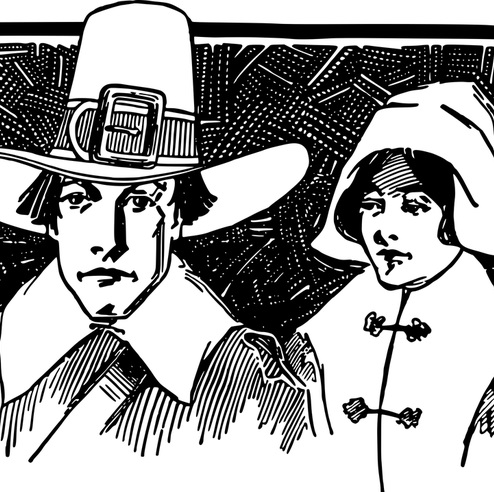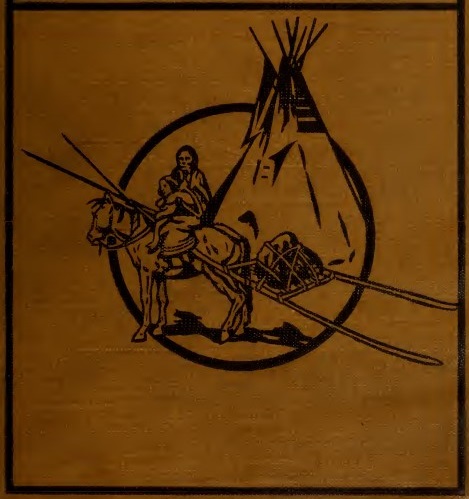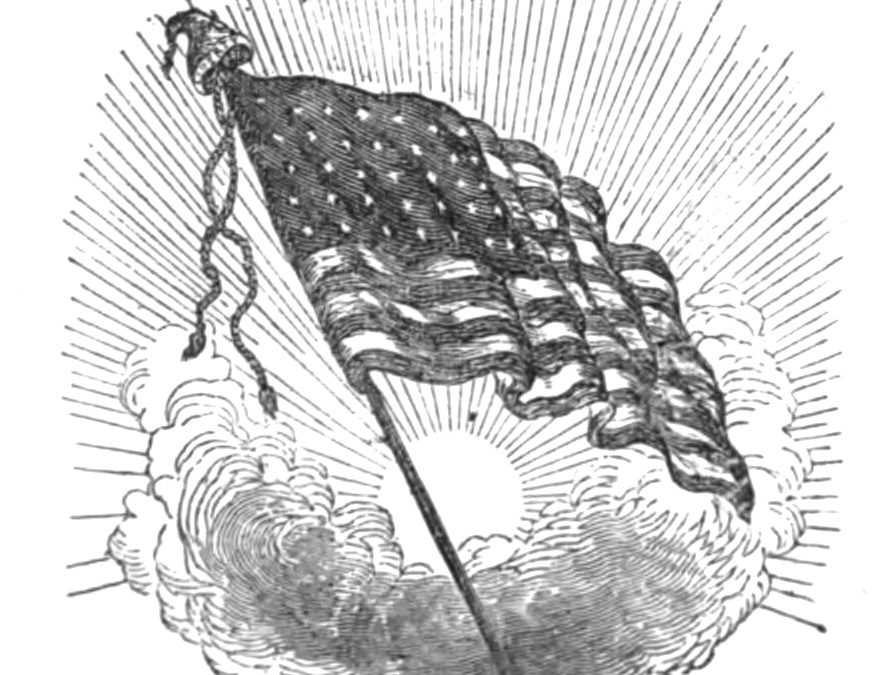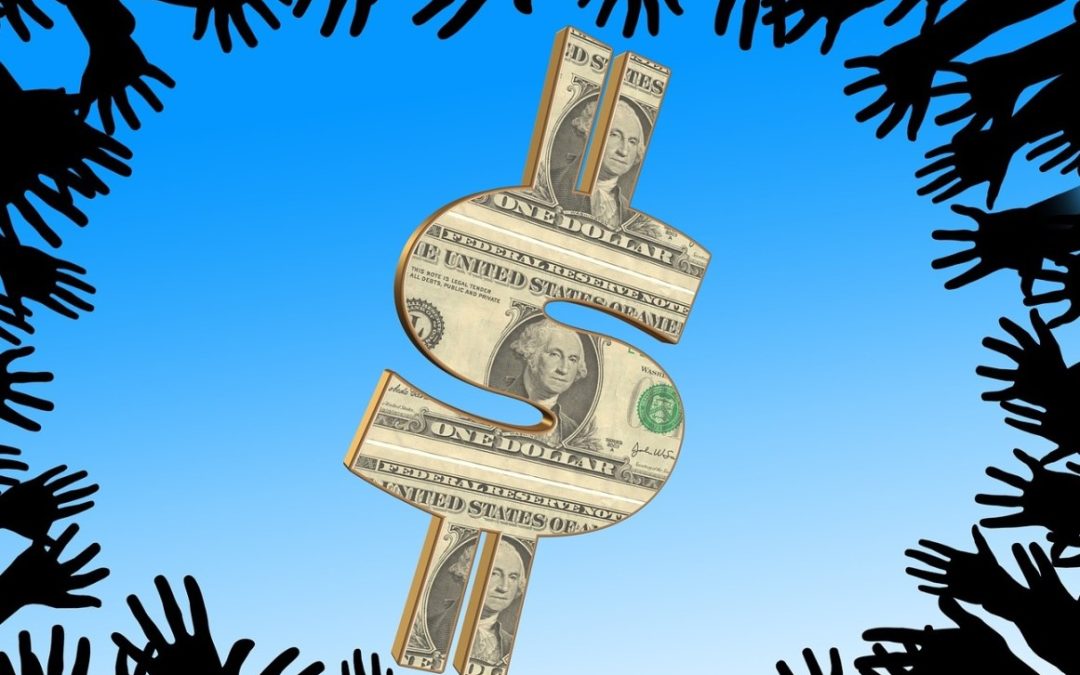
by Richard Subber | Oct 26, 2024 | American history, Book reviews, Books, History, Power and inequality
…they readily went to war…
Book review:
Mayflower:
A Story of Courage, Community, and War
by Nathaniel Philbrick (b1956)
New York: Viking, The Penguin Group, 2006
461 pages
Philbrick offers his usual compelling narrative in Mayflower.
It becomes clear rather quickly that he’s not telling the elementary school version of the Pilgrims and Plymouth Rock and the “first Thanksgiving” that you may remember from your childhood.
The Pilgrims—the Separatists, as they named themselves—didn’t come to North America to establish religious freedom. They were escaping from limitations on their religious freedom that they had endured in England, and later, to some extent, in Holland. As the years went by in Plymouth and the Massachusetts Bay colony, they certainly did not extend any tolerance of religious freedom to those Europeans and Native Americans who held different religious beliefs.
The Pilgrims were not simply a happy, peaceful people. They readily went to war with the Indians, in both defensive and offensive campaigns.
Many of the Pilgrims suffered gruesome physical privations and many of them died soon after arriving in what greedy European promoters liked to call The New World.
If you’re thinking how wonderful it would have been to be a Pilgrim in Plymouth in 1620, think again.
* * * * * *
Book review. Copyright © Richard Carl Subber 2024 All rights reserved.
–
Above all: Poems of dawn and more with 73 free verse poems,
and the rest of my poetry books are for sale on Amazon (paperback and Kindle)
and free in Kindle Unlimited, search Amazon for “Richard Carl Subber”
* * * * * *

by Richard Subber | Sep 28, 2024 | American history, Books, History, Power and inequality
not what you learned in school…
Book review:
Facing East from Indian Country:
A Native History of Early America
Daniel K. Richter (b1954)
American historian, a Pulitzer Prize finalist
Cambridge, MA: Harvard University Press, 2001
You can count on Richter to provide a full course meal of insights and commentaries and knowledge about the original peoples of North America.
Dig in to Facing East from Indian Country to learn about how the Indians felt and what they understood about the Europeans who invaded their lands.
Nearly all of what we know about the Indians in pre-colonial and colonial times was written down by Europeans, but Richter is dedicated to discerning the Indians’ meaning, intent and recognition from the contexts and styles of those accounts.
This is not the American history you learned in school.
* * * * * *
Book review. Copyright © Richard Carl Subber 2024 All rights reserved.
Book review: Shawshank Redemption
A world I do not want to know…
by Stephen King
–
Seeing far: Selected poems with 47 free verse and haiku poems,
and the rest of my poetry books are for sale on Amazon (paperback and Kindle)
and free in Kindle Unlimited, search Amazon for “Richard Carl Subber”
* * * * * *

by Richard Subber | Sep 22, 2024 | Book reviews, Books, History, Human Nature, Power and inequality, World history
not everything is vanity
Book review:
The Bombing of Auschwitz:
Should the Allies have Attempted It?
Michael J. Neufeld and Michael Berenbaum, eds.
New York: St. Martin’s Press, 2000
350 pages with extensive notes, bibliography, and index
The Bombing of Auschwitz: Should the Allies have Attempted It? is a retrospective, somewhat repetitive but broadly didactic selection of 15 arguments for and against the bombing of Auschwitz, with more than 40 primary source documents.
You’ll learn a lot about the terrible dilemma that the Allies faced—and some of them tried to ignore—during World War II. If the Allies had tried to bomb the crematoria, would Jewish lives have been saved? At what cost to the overall war effort?
Neufeld and Berenbaum offer 15 points of view, but, of course, the questions can’t be answered with full confidence.
Sadly, we can’t re-do the solitary track of history.
* * * * * *
Book review. Copyright © Richard Carl Subber 2024 All rights reserved.
Book review: Lord of the Flies
Never more relevant…
by William Golding
–
As with another eye: Poems of exactitude with 55 free verse and haiku poems,
and the rest of my poetry books are for sale on Amazon (paperback and Kindle)
and free in Kindle Unlimited, search Amazon for “Richard Carl Subber”
* * * * * *

by Richard Subber | Jul 27, 2024 | American history, Book reviews, Books, Democracy, History, Politics, Power and inequality, Reflections
think again about democracy
Book review:
Our Ancient Faith:
Lincoln, Democracy, and the American Experiment
Allen C. Guelzo
New York: Alfred A. Knopf, 2024
247 pages
Despite the title, Guelzo’s estimable book is not primarily or thematically about Abraham Lincoln. It is a densely researched and completely explained treatise on democracy, what it means, and what it might mean.
Our Ancient Faith opens new vistas of thought for me, and I’m thankful for my newly conceptual ideas about democracy, including the good, the bad, and the ugly. Make no mistake, democracy isn’t inherently our salvation. We’ve got a lot to do as we go down that path.
Granted, the reader will learn about Lincoln, although a good grounding in Lincoln’s life story and his times will serve the reader well.
I’m a bit leery of believing that I know for certain what a dead man was thinking when he said this and that. Guelzo perhaps reads too deeply into Lincoln’s recorded words. The book certainly is not hagiographic, and Lincoln certainly was a deep thinker, but I don’t want to forget that Lincoln was an ambitious man and a politician.
I’ll be inclined to read the book again for the expansive exposition of political thought.
The book, with extensive notes, is 247 pages, a very sensible length.
* * * * * *
Book review. Copyright © Richard Carl Subber 2024 All rights reserved.
Book review: The Snow Goose
…sensual drama, eminently poetic…
by Paul Gallico
My first name was rain: A dreamery of poems with 53 free verse and haiku poems,
and the rest of my poetry books are for sale on Amazon (paperback and Kindle)
and free in Kindle Unlimited, search Amazon for “Richard Carl Subber”
* * * * * *

by Richard Subber | May 16, 2024 | American history, Book reviews, Books, History, Politics, Power and inequality
“credit” is P.C. for “lending money”
Book review:
American Bonds:
How Credit Markets Shaped a Nation
by Sarah L. Quinn
Princeton, NJ: Princeton University Press, 2019
288 pages
Quinn writes plain academic prose, and she has a lot to say.
“Credit” is a very polite way of saying “lending money,” which is a very polite way of describing what is elsewhere called “usury.”
It’s no surprise that lending money has been part of the social, economic, and political landscapes since money was invented, and certainly credit markets have always existed in America since colonial times.
American Bonds is a deeply engrossing text (it’s not a casual read) about how folks with money and businesses and the government have used credit availability for personal, corporate, and policy advantages. Credit has always been part of the American story.
You might try reading it a chapter at a time.
* * * * * *
Book review. Copyright © Richard Carl Subber 2024 All rights reserved.
Home Team: Poems About Baseball (book review)
Edwin Romond hits another homer…
Writing Rainbows: Poems for Grown-Ups with 59 free verse and haiku poems,
and the rest of my poetry books are for sale on Amazon (paperback and Kindle)
and free in Kindle Unlimited, search Amazon for “Richard Carl Subber”
* * * * * *

by Richard Subber | May 12, 2024 | Book reviews, Books, History, Human Nature, Power and inequality, World history
energy is the bottom line…
Book review:
Foragers, Farmers, and Fossil Fuels:
How Human Values Evolve
by Ian Morris
Princeton, NJ: Princeton University Press, 2015
Contributors:
Richard Seaford
Jonathan D. Spence
Christine M. Korsgaard
Margaret Atwood
369 pages
Ian Morris says right up front that not everyone thinks he’s got it exactly right, but his story is an eye opener: how are human values and moral norms related to how human beings use energy?
Human beings need energy to survive, and obviously we need sources of energy.
The first human-like hunter-gatherers used energy that they could kill or pick up, and the first farmers planted their energy sources and domesticated a few animals, and now we depend (fatally?) on fossil fuel energy to live our lives.
Morris explains (attributes causes for) the different ways of “capturing” energy that are connected to how we feel about ourselves and how we deal with others.
If you’re satisfied with what you know about your code of values and the “do unto others…” stuff, then read Foragers, Farmers, and Fossil Fuels and learn some new stuff.
* * * * * *
Book review. Copyright © Richard Carl Subber 2024 All rights reserved.
Book review: The Map of Knowledge
a slo-mo version of Fahrenheit 451
by Violet Moller
Seeing far: Selected poems with 47 free verse and haiku poems,
and the rest of my poetry books are for sale on Amazon (paperback and Kindle)
and free in Kindle Unlimited, search Amazon for “Richard Carl Subber”
* * * * * *





